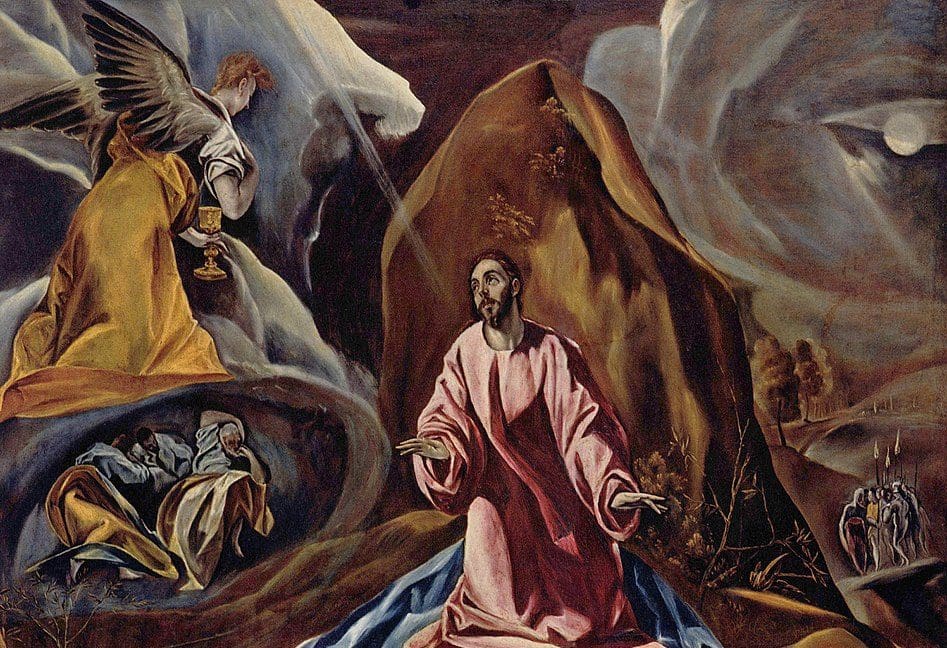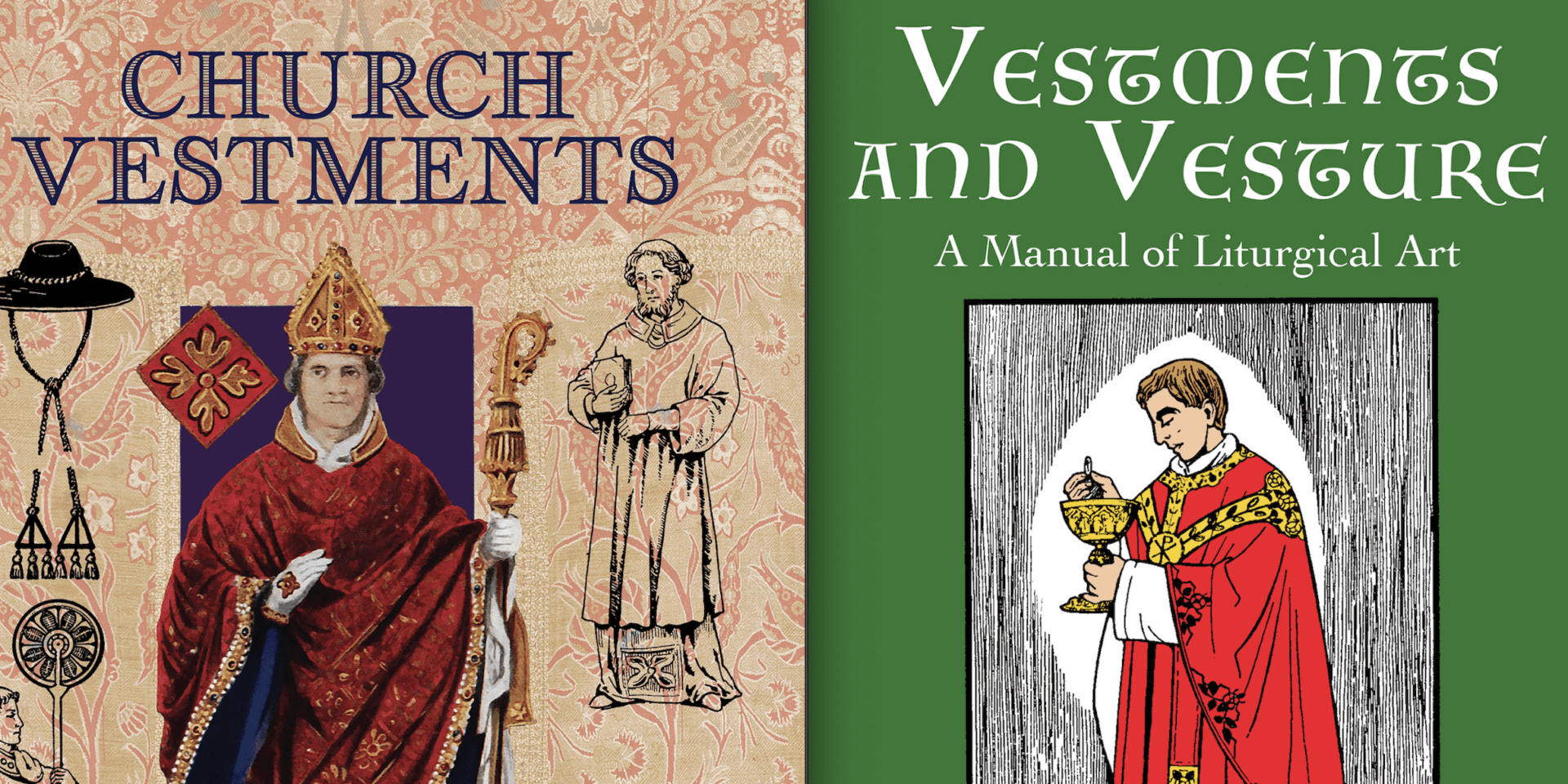What is piety? It is a virtue, and one which we all practice to some extent—at least if we love our fathers, our mothers, our country, our God—anyone who has given us something we could never have given ourselves.
To truly know and live this virtue—and to appreciate the gift of piety that comes to us from the Holy Spirit—it’s necessary up front to take a few steps back. First, a virtue is a habit in one’s soul than inclines us to good actions and even gives us the power to accomplish good actions. The cardinal virtue of courage, for example, abides within us and, when fearful occasions occur, enables us to encounter these moments head-on with reason, rather than in a rash or run-away fashion.
But it is another cardinal virtue—justice—which most concerns us in our discussion of piety. Like the other cardinal virtues—courage, prudence, and temperance—justice is a regular disposition of the soul that empowers us to act. In the case of justice, this habit and power lead us to render what is due to another. For example, if I borrow ten dollars from a friend, it is only right that I pay him back because it was what he is due in justice—and ideally I will perform this virtuous act with joy. (“Virtue is its own reward,” Saint John Henry Cardinal Newman is reported to have said.)
The virtue of justice takes many forms, and one of those forms is piety, which is a kind of justice—sort of. On the one hand, piety, as a type of justice, disposes me to render to another what is due. But on the other hand, piety falls short of true justice because the one I owe is impossible to repay! Piety always admits of injustice—that is, inherent in the virtue of piety is the acknowledgement that the justice to whom the practice of the virtue is directed will never be perfectly realized. As the saying goes, we simply cannot give what we do not have.
For example, piety most often describes the relationship I have to my parents. How, after all, can my mother and father be repaid for the very life I have, my own existence? What on earth could I possibly give them as a just repayment? Since my life is of infinite worth, and because I had no part in creating it, any such repayment in justice is impossible. Therefore, I repay them the best I can: with honor, reverence, and humble service. This attitude describes “filial piety.”
Now enter another parent: God. Here the virtue of piety encounters a similarly deficient kind of justice called “religion” (an exercise of which is called “worship”). Like piety, religion directs us to render to God what is due to him. But like the relationship with our parents, we can never really give to God a just repayment for all that he has given to us. Indeed, we not only owe him our own lives, as we do our parents, but we even owe him the lives of our parents!
Notice in either case that piety involves a relationship between unequals—parent and child, or God and his creature. In short, piety seems inherently unjust. After all, we know of our invaluable debt to God, even while we work as we might to suitably repay him. As the psalmist exclaims, “How can I repay the Lord for all of his goodness to me?” (Psalm 116:12).
The ancient Greek thinker Aristotle and the ancient Roman orator Cicero knew of piety and recognized it as a worthy virtue to foster in the formation of souls. The ancient world in general saw piety as a good for the family, the basic foundation of any well-structured political order. What city would not benefit from individuals revering their fatherland and the gods who bless their fatherland? Thus, the ancient Roman poet Virgil often praised the founder of Rome as “pius (‘pious’) Aeneas”—because of the reverence he paid his own father, his fatherland, and the gods who enabled him to establish the eternal city.
For us Christians, as for Aeneas, piety is more than a mere human matter. It was father, fatherland, and the fatherly gods that Aeneas revered because he recognized that they were somehow greater in what they had done for him than anything he could do for himself. How much more is piety vital for the Christian, who knows and loves the one true God. Piety in the Christian sense will increase our love for God which will in turn increase our desire to know him as well. Indeed, if we know we are in an unequal relationship with God the Father, and if we are in the habit of “coming good,” then we are docile and open to the Holy Spirit’s help.
With Baptism and Confirmation, in fact, the Holy Spirit bestows upon us seven gifts, among which is the gift of piety. With his promptings and by his power, our natural virtues are sustained, completed, and perfected (see CCC, 1830-1). Our pious relationship with God our Father is more devout and reverent, increasingly just, and—through Christ’s sacrifice on the cross—made perfect.
In fact, by ourselves, piety means little to God—unless it is united with Christ. God the Son had perfect piety for his Father. Indeed, because he is God, he is the only Son able to render complete and perfect justice to his Father. For this reason, only in Christ and his Holy Spirit are we thus able to perfect our piety. As the Letter to the Hebrews attests, “For by one offering he has made perfect forever those who are being consecrated” (Hebrews 10:14).
Is it a virtue to be unjust? If we are pious, and with the Holy Spirit’s aid, natural shortcomings can become supernatural merits.
Image Source: AB/Wikimedia, The Agony in the Garden of Gethsemane, by El Greco (1541-1614)



